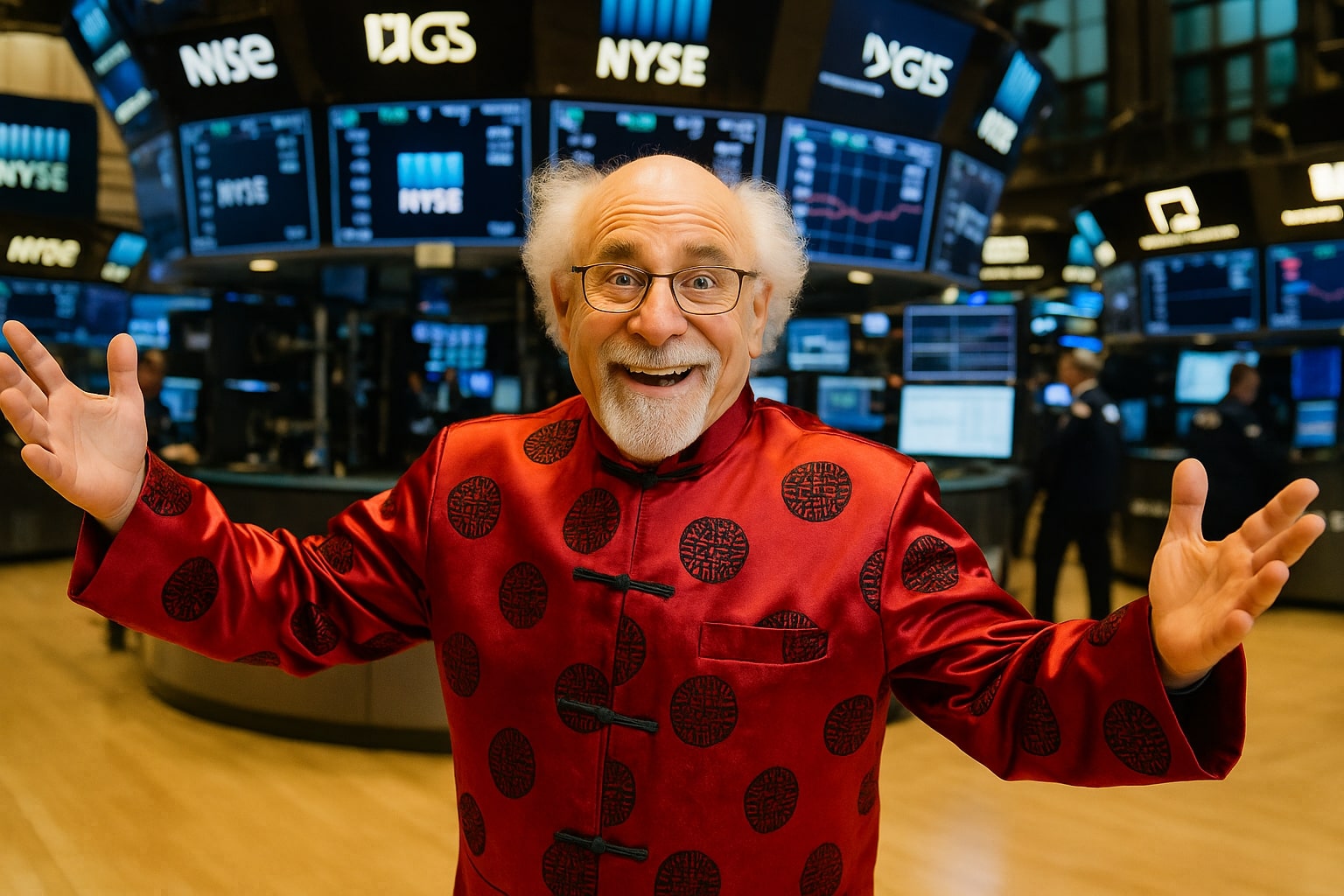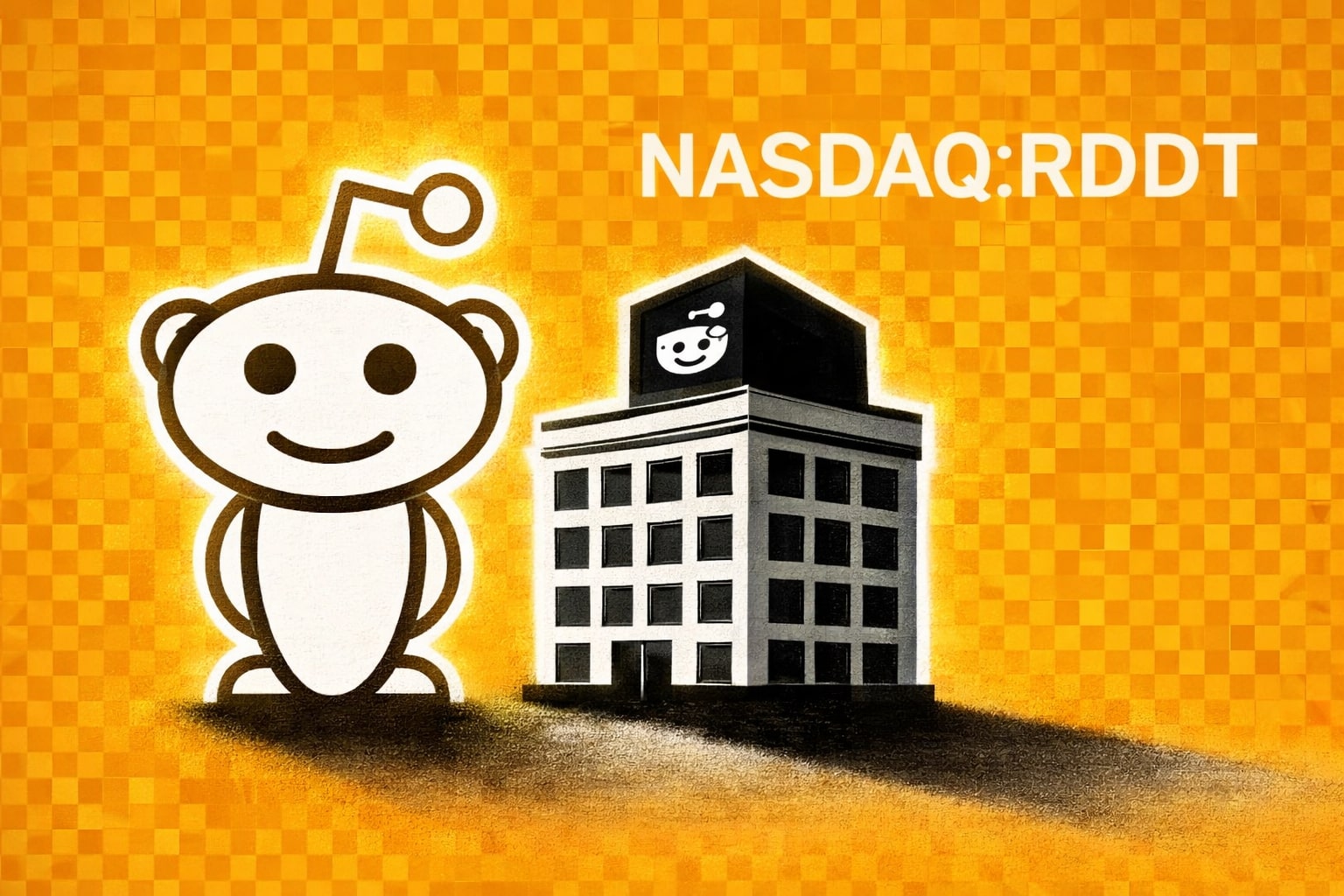
Trading News - U.S.-China Trade Deal: The Market Reacts – What’s Next for Stocks?
Could the 90-day U.S.-China tariff pause push U.S. stock futures higher, or is the market headed for another round of volatility? How will sectors like tech, energy, and pharmaceuticals respond? | That's TradingNEWS
Market Analysis: Trade Deal Lifts Investor Sentiment, Futures Surge
U.S.-China Trade Deal Sparks Optimism in the Markets
Following a historic U.S.-China trade agreement over the weekend in Geneva, U.S. stock futures surged, signaling a positive shift in investor sentiment. The deal, which temporarily slashes tariffs, boosted investor confidence, with futures tied to the S&P 500 soaring by 2.8%, Dow Jones Industrial Average futures climbing by 2.4%, and Nasdaq-100 futures spiking by an impressive 4.1%. This marked a significant turn after months of trade war concerns that had pressured the global economy.
The deal between the two largest economies saw reciprocal tariffs cut by 115%, with U.S. tariffs on Chinese goods reduced to 30% from 145%, and Chinese tariffs on U.S. imports lowered to 10%. This temporary 90-day tariff pause has alleviated some of the concerns that have weighed heavily on market performance in recent months, especially after the tense escalation seen in April. Treasury Secretary Scott Bessent called the talks "very productive," highlighting the significance of the breakthrough for future trade relations.
The announcement had an immediate impact on several sectors. Best Buy, a company heavily reliant on electronics imports, surged 8% in premarket trading. Similarly, Dell Technologies and On Semiconductor saw gains exceeding 8%, while Amazon climbed by more than 7%. The optimism was evident across the board, and the relief from trade tensions also spilled over to global markets, boosting Asia-Pacific and European indices.
Economic Data on Tap: CPI, Retail Sales, and PPI in Focus
As the trade deal plays out, market participants are keenly awaiting upcoming U.S. economic data to gauge the true impact of these developments on the economy. The Consumer Price Index (CPI) report for April is due on Tuesday, followed by retail sales and the Producer Price Index (PPI) on Thursday. Analysts are predicting a 0.3% rise in CPI, signaling continued inflationary pressures, while the PPI will provide further insight into cost trends across industries. These data points will help investors assess how much trade tensions and the tariff changes might influence consumer prices and the broader economy moving forward.
Despite the optimism in the markets following the trade deal, inflation concerns remain. Year-ahead inflation expectations have surged, reaching their highest levels in over 40 years, which could dampen the broader economic outlook. Investors are therefore closely monitoring the CPI and PPI readings for any signs that inflation is becoming more entrenched, which could lead the Federal Reserve to adopt a more aggressive stance on monetary policy.
Pharmaceutical Stocks React to Trump's Drug Price Proposal
While trade tensions between the U.S. and China were easing, President Donald Trump made waves in the pharmaceutical sector with a bold proposal to slash drug prices. On Monday, Trump revealed plans to sign an executive order to reduce prescription drug prices by up to 80%, with the initiative focusing on lowering costs in the U.S. market by linking them to prices paid in other countries. The news immediately rattled pharmaceutical stocks, with companies like Merck (MRK), Johnson & Johnson (JNJ), AbbVie (ABBV), and Pfizer (PFE) all posting significant premarket losses, reflecting concerns over the potential impact on profits. Analysts speculate that such a move would face legal challenges, but the immediate market reaction suggests substantial investor unease.
The broader healthcare sector could feel the reverberations of this policy shift, especially as the U.S. government is the largest purchaser of pharmaceuticals. As the market digests this development, companies with heavy exposure to government contracts, such as Eli Lilly (LLY) and Bristol-Myers Squibb (BMY), are likely to experience volatility.
Oil Prices Surge on Trade Deal Optimism
The announcement of the trade deal between the U.S. and China also had a substantial impact on commodity markets, particularly oil. Brent crude surged by 2.9% to $65.73 per barrel, and West Texas Intermediate (WTI) crude climbed 3% to $62.87. The positive market sentiment stemming from the trade agreement, along with the expectation of increased demand as tariffs ease, lifted oil prices to their highest levels in weeks.
Despite this rally, analysts remain cautious. The International Energy Agency (IEA) has warned of an oversupply in the market, with rising production from countries like Saudi Aramco and the U.S. contributing to a potential glut later in the year. Additionally, OPEC+ countries have agreed to increase oil production by 411,000 barrels per day in May, which could further weigh on oil prices in the medium term. However, the recent trade deal may offset some of these concerns by encouraging stronger demand for oil from China, the world's largest importer of crude.
Global Stock Markets React: Hong Kong Leads the Charge
In the aftermath of the trade agreement, Asian markets were quick to react, with the Hang Seng Index leading the way, surging by 2.98% to close at 23,549.46. This marked the highest point for the index since late March, as investors welcomed the thaw in U.S.-China relations. The Hang Seng Tech Index rose by 5.16%, reflecting the strong performance of tech stocks, which had been hit hard by tariff concerns in recent months.
Meanwhile, mainland China’s CSI 300 index increased by 1.16%, reflecting broad-based gains across Chinese stocks. The optimism from the trade deal extended beyond China, with India’s Nifty 50 gaining 3.49% and the BSE Sensex rising by 3.38%. The Nikkei 225 in Japan added 0.38%, while South Korea's Kospi saw a 1.17% increase, further confirming the positive global sentiment sparked by the U.S.-China trade talks.
In Europe, the Stoxx Europe 600 index rose 1%, while major indices like the FTSE 100 and DAX also posted solid gains. The German DAX climbed by 1.2%, and France’s CAC 40 saw a 1.6% rise, further demonstrating the global optimism following the trade deal.
Uncertainty Ahead: Will Trade Negotiations Lead to Long-Term Stability?
Despite the short-term optimism surrounding the U.S.-China trade deal, uncertainty remains regarding the long-term impact of these negotiations. While tariffs have been reduced, the U.S. Treasury and China have both signaled that further talks will be required to iron out more complex issues. The 90-day tariff suspension serves as a temporary reprieve rather than a permanent solution, and it remains to be seen whether these discussions will lead to a lasting resolution.
Moreover, investors are cautious about the broader implications of these negotiations on global supply chains and economic growth. U.S. stock futures surged following the announcement, but there are still significant risks in the market, particularly with inflation concerns and potential regulatory changes in the tech and pharmaceutical sectors. The market's next key data points, including CPI and PPI releases, will provide critical insights into the state of inflation and the broader economy, which will guide future investment strategies.
In conclusion, while the immediate market reaction to the U.S.-China trade deal has been overwhelmingly positive, especially in sectors like energy, tech, and consumer goods, there are still lingering questions about the long-term implications of these discussions. Investors are watching closely for signs that the trade tension de-escalation will lead to sustained economic growth or if other challenges, such as inflation and geopolitical risks, will dampen the market's optimism.
That's TradingNEWS
Read More
-
VOO ETF At $638 With The S&P 500 At 6,966: How Jobs Data, $37.6T U.S. Debt And Trump’s $1.5T Defense Plan Hit The ETF
10.01.2026 · TradingNEWS ArchiveStocks
-
XRP ETFs XRPI, XRPR and Bitwise XRP Hold $1.47B as XRP-USD Price Hovers Near $2
10.01.2026 · TradingNEWS ArchiveCrypto
-
Natural Gas Price Forecast: NG=F Near $3.13 As Warm Winter Smashes The Winter Premium
10.01.2026 · TradingNEWS ArchiveCommodities
-
USD/JPY Price Forecast: Dollar Near 158 As Fed Hold Bets Grow And BoJ Stays Cautious, 161.94 High Back In Play
10.01.2026 · TradingNEWS ArchiveForex


















